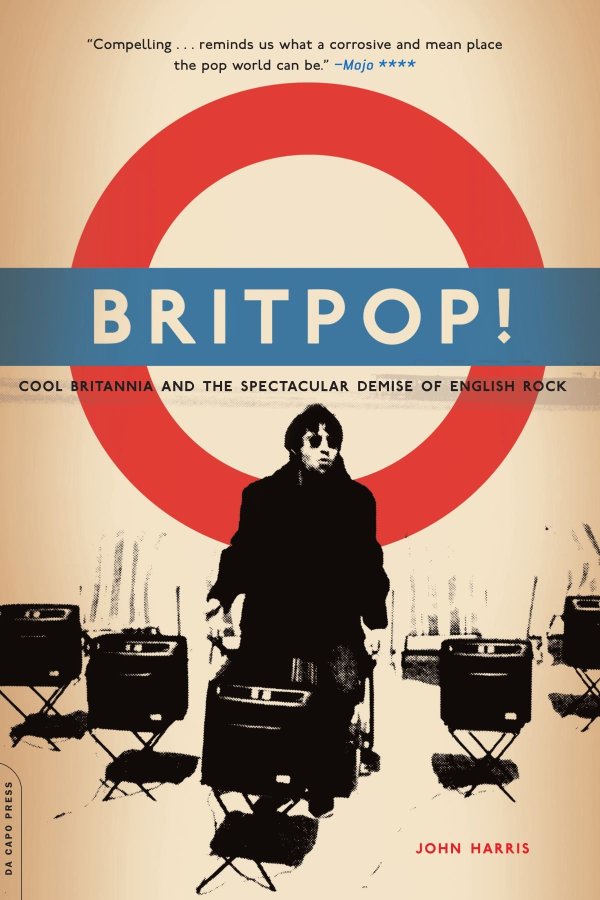THE TELEGRAPH: At the book’s heart is Justine Frischmann, singer with the band Elastica. She is to Harris what Edie Sedgwick was to George Plimpton: a beautiful debutante around whom a cultural clique rises and – with a gloomy predictability – self-destructs. The daughter of the engineering consultant behind the NatWest Tower, Frischmann was, in the awestruck words of Alex James, bass player with Blur, “cash rich”.
In 1988 she moved in with Brett Anderson, a boy from Haywards Heath who was soon to form the band Suede. Suede’s first review, a one-liner buried somewhere in the middle of Melody Maker, described the band as “four would-be presenters for Blue Peter”. “We were really hurt by that,” says Bernard Butler, the band’s guitarist. Frischmann moved on to become the girlfriend of Damon Albarn, the singer with the fledgling Blur. The awkward love-triangle created so much bitterness that each of them grew determined to become more famous than the others. Anderson made it first, when Suede released a beautiful album full of lovelorn songs about Frischmann. The jealous Albarn responded by vowing to “dethrone Brett and his group of cretins”.
Although the young Albarn was so assured of his impending legendary status that he spent his every waking moment tirelessly being rude to strangers (I can vouch for the book’s veracity: I was one of those insulted strangers), Harris presents him not as a villain but as a young man trapped in his own imagination, growing increasingly scared as his fantasy – of becoming The Kinks, or The Smiths, or The Beatles – failed to come true. And then it did come true, with the release of Blur’s brilliant 1994 album Parklife. How did Albarn respond? “He couldn’t stop crying,” Frischmann tells Harris.
The depressing thing about Britpop was the inevitability with which its luminaries descended into cliché. Almost instantly, just about everyone involved became brattish, or a heroin addict, or both. One of Blur’s support acts remembers Albarn advising, “Don’t be nice to your road crew because they’re your employees. I might not bother to talk to you again on this tour, so that’s my one bit of advice.” MORE
RELATED: Pitchfork’s 50 Best Brit-Pop Albums

